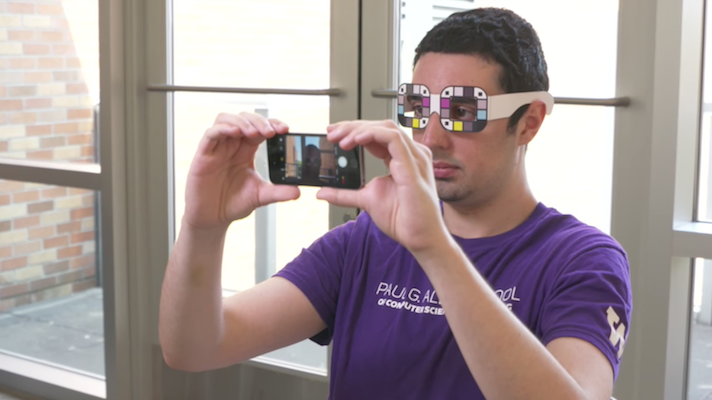 University of Washington app aims to detect pancreatic cancer early
University of Washington app aims to detect pancreatic cancer early
We wrote in 2014 about BiliCam, an app being developed at the University of Washington to detect jaundice in newborn babies. Now the same team has created BiliScreen, focusing on using the same technology in adults, for whom jaundice can be an early warning of pancreatic cancer. Because the app can detect jaundice at earlier stages than the naked eye, it could facilitate early intervention for a cancer which is normally quite advanced when it's detected.
Researches have already conducted an initial trial of 70 people, in which the app correctly identified problem cases 89.7 percent of the times that a blood test (the current status quo) did. Now they are working on larger trials and improving the app, which currently requires accessories to account for lighting conditions, to make it stand alone. More.
Electronics company researches AI for skin condition detection
Kyocera, a Japanese smartphone maker and technology company, is teaming up with the University of Tsukuba to develop an AI screening tool for skin cancer, which has been on the rise in Japan in recent years. The company is aiming to develop a software capable of identifying more than 2,000 skin diseases and hopes to have it ready for commercialization by 2020. Kyocera will provide the programming expertise and the University of Tsukuba will provide medical knowledge and a large dataset to train the algorithm. More.
fred's Pharmacy launches new app
Memphis, Tennessee-based fred's Pharmacy has completely redesigned its mobile app, which originally launched in 2012. Though a large portion of the redesign revolves around new coupon features, the launch has also added health and drug information from National Institutes of Health and new prescription refill features that make it easier to manage prescriptions for families. More.

















